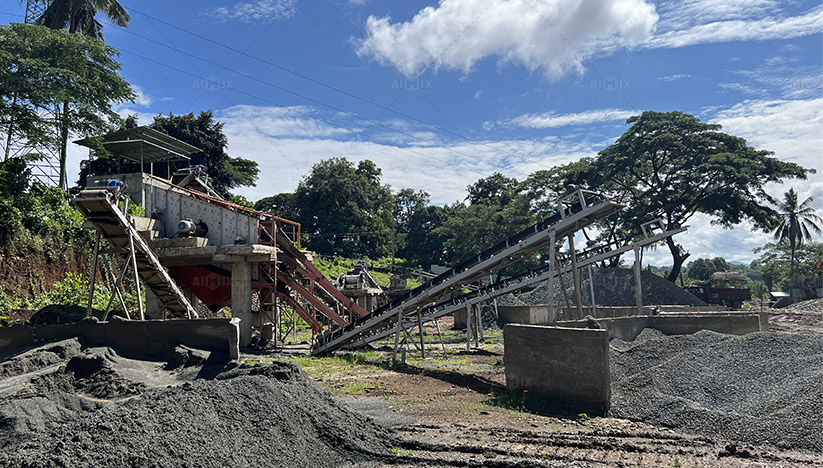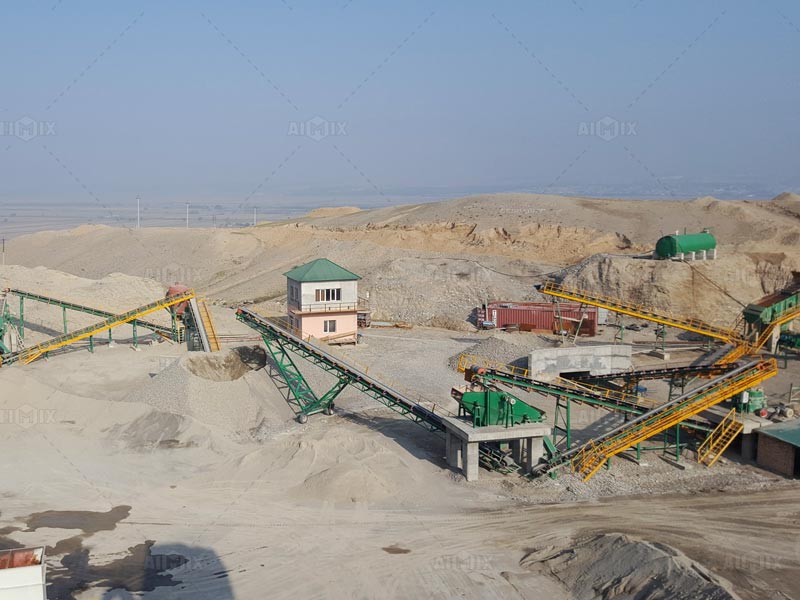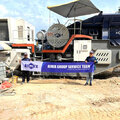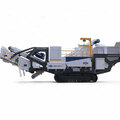Stone crusher plants are essential in various industries, from mining to construction, as they are responsible for processing raw materials into usable aggregates. However, to ensure optimal performance and longevity, routine maintenance is crucial. In this article, we will explore the essentials of routine maintenance for stone crusher plants, highlighting its importance in preserving equipment functionality and minimizing downtime.
Understanding Routine Maintenance
Routine maintenance encompasses a series of scheduled tasks aimed at preventing equipment failure and optimizing performance. For the stone crusher plant for sale, this involves regular inspections, lubrication, adjustments, and component replacements to address wear and tear. By proactively addressing maintenance needs, operators can avoid costly breakdowns and ensure continuous production.

Inspection Protocols: Identifying Potential Issues
Regular inspections are the cornerstone of effective maintenance practices for quarry rock crusher. Operators should conduct thorough inspections of key components, including crushers, conveyors, screens, and electrical systems. During inspections, potential issues such as excessive wear, loose fasteners, and leaks should be identified and addressed promptly to prevent escalation.
Lubrication: Keeping Operations Smooth
Proper lubrication is essential for the smooth operation of stone crusher plants. Lubricants help reduce friction, minimize wear, and dissipate heat, thereby extending the lifespan of critical components. Operators should adhere to manufacturer recommendations regarding lubrication intervals and use high-quality lubricants suitable for the operating conditions of the equipment.
Component Adjustments: Fine-Tuning Performance
Over time, operational conditions may change, necessitating adjustments to optimize crusher performance. Operators should regularly check and adjust settings such as crusher discharge settings, screen angles, and conveyor belt tension to maintain optimal throughput and product quality. These adjustments ensure consistent performance and prevent unnecessary strain on equipment.
Wear Parts Replacement: Ensuring Efficiency
Wear parts such as crusher liners, conveyor belts, and screen meshes are subjected to continuous wear during operation. Regular inspection and replacement of worn-out parts are essential to prevent unscheduled downtime and maintain production efficiency. Operators should keep an inventory of spare parts on hand and replace worn components according to maintenance schedules.

Electrical System Maintenance: Ensuring Safety and Reliability
The electrical system is a critical aspect of stone crusher plant operations, powering crushers, conveyors, and auxiliary equipment. Regular inspection and maintenance of electrical components, including wiring, switches, and control panels, are essential to ensure safety and reliability. Any signs of damage, overheating, or malfunction should be addressed promptly by qualified personnel.
Training and Education: Empowering Operators
Effective maintenance practices rely on knowledgeable and skilled operators. Providing comprehensive training and education on equipment operation, maintenance procedures, and safety protocols is essential for ensuring proper care of stone crusher plants. Operators should be familiar with maintenance schedules, troubleshooting techniques, and emergency procedures to respond effectively to maintenance issues.
Conclusion: The Value of Routine Maintenance
Routine maintenance is the bedrock of efficient and reliable stone crusher plant from aimix group co ltd china operations. By prioritizing inspections, lubrication, adjustments, and component replacements, operators can minimize downtime, optimize performance, and extend the lifespan of equipment. Moreover, proactive maintenance practices contribute to safer working environments and higher productivity levels. Ultimately, investing in routine maintenance pays dividends in terms of operational efficiency, cost savings, and overall plant performance.


